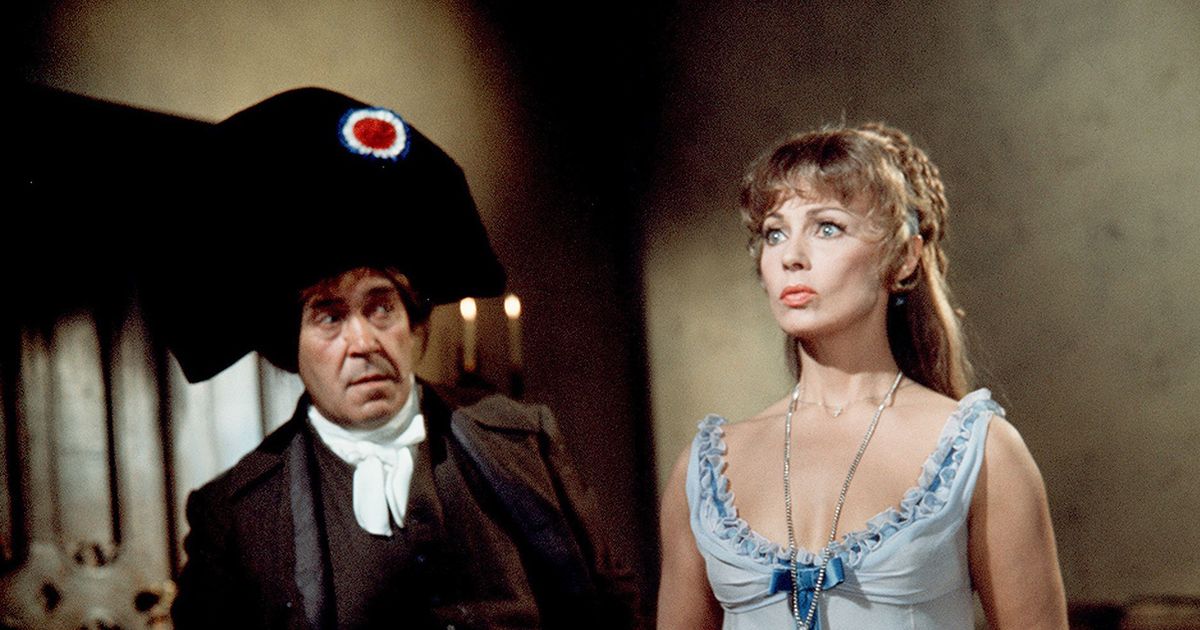Carry On’s Peter Butterworth rejected to play himself in role because he was ‘too fat’
EXCLUSIVE: Saucy-film legend AND real-life war hero Peter Butterworth was turned down for a part playing himself in PoW escape hit as he was ‘too fat’
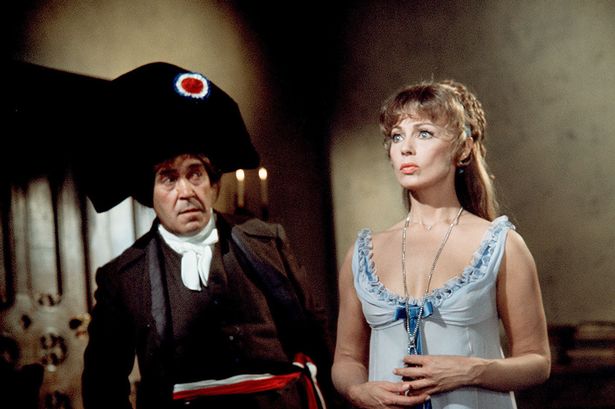
A Carry On star was turned down for a role playing himself in a film based on a prisoner of war escape plot – because he was “too fat”.
Peter Butterworth auditioned for the part in 1950 classic The Wooden Horse, about how a group of PoWs dug a tunnel out of the Stalag Luft III camp.
However, the casting director said he was not “convincingly heroic or athletic enough” for the role.
When Peter asked what the problem was, he was bluntly told: “You’re too fat.”
He went on to star in 16 Carry On films – more than Hattie Jacques, Bernard Bresslaw and Barbara Windsor – after getting his big break though fellow PoW Tolly Rothwell, who wrote many of the scripts.
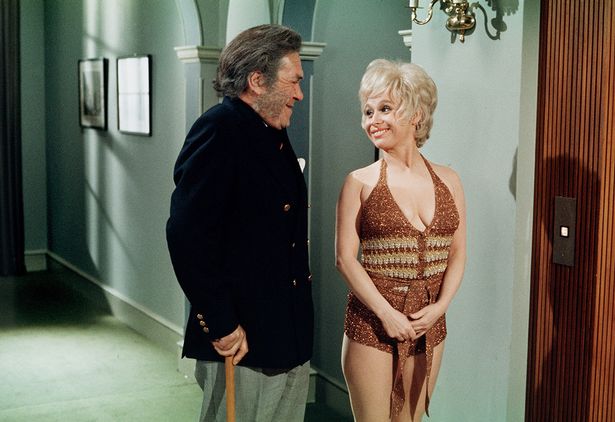
The actor’s PoW record, which includes his involvement in two escapes, has become one of the first to be digitised as part of a project undertaken by volunteers at The National Archives
Born in 1915 in Bramhall, Cheshire, Peter was a Royal Navy Fleet Air Arm lieutenant in the Second World War.
However, he spent most of the war as a captive of the Nazis after his plane was shot down in the summer of 1940 on an occupied Dutch island.
He managed a belly landing but one colleague died and another was injured, and Peter was found sitting on the plane wing, shaken and smoking a cigarette.
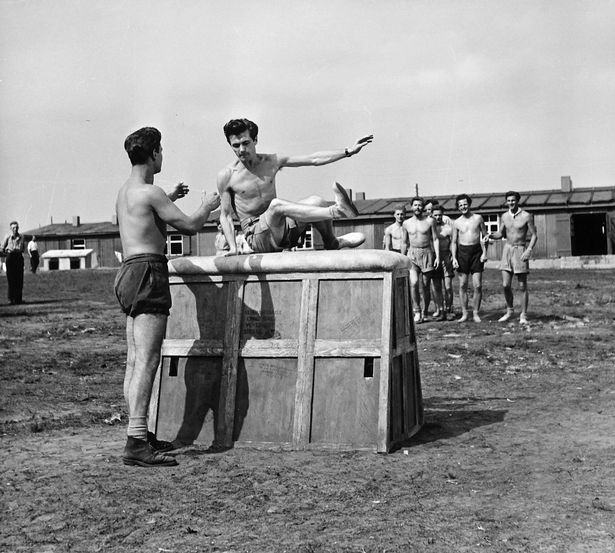
He was taken under armed guard to his first PoW camp near Frankfurt.
There he and daring fellow captives used soup spoons to dig an escape tunnel from under a bed.
It took them six months but finally 17 of them escaped through the tunnel.
However, Peter was found in woods six weeks later by Hitler Youth, and ended up in Stalag Luft III, near Sagan in Nazi-occupied Poland. There a group of captives began building a tunnel under a gymnastics horse.
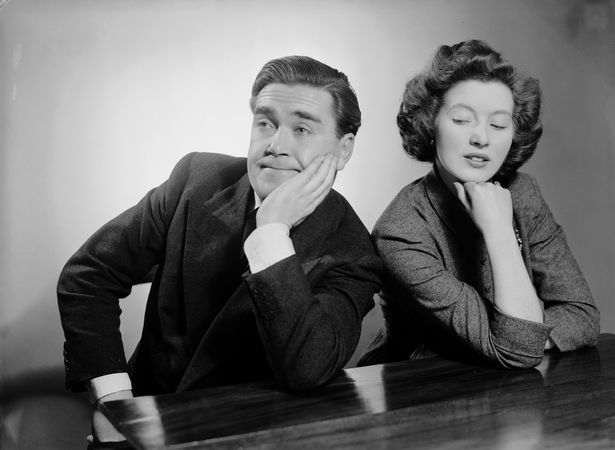
Peter helped by vaulting over the horse or standing next to it to make sure it did not fall over and reveal what was happening underneath.
He later helped in the “Great Escape” at the same camp the following year, in which 76 captives crawled through three tunnels from the camp.
By night Peter would organise camp singalongs followed by an especially corny comedy act devised to provoke enough boos to drown out the digging.
After the war, Butterworth – whose wife was Janet Brown, famed for her impersonations of Margaret Thatcher – kept a photo of the concert party line-up as inspiration when he started out on his acting career.
Roger Kershaw, of the National Archives, said: “One of the first items we catalogued was for the film actor Peter Butterworth, who would later become famous for starring in a number of films, including the Carry On series.
“Butterworth played his part in helping prisoners escape but when he later auditioned for a part in the 1950 film The Wooden Horse, the film-makers considered him ‘unconvincingly heroic or athletic enough’.
“This collection complements other series of records held at The National Archives and helps paint a vivid picture of what life was like as a prisoner of war.”
The actor, who died in 1979 aged 63, was also turned down for the 70s TV show Colditz, about the PoW camp that held the most prolific Allied escapers.
But as his career took off he kept quiet about his heroics in the Nazi camps, and being one of the first to take to the air against the Germans.
MirrorCeleb
More On
